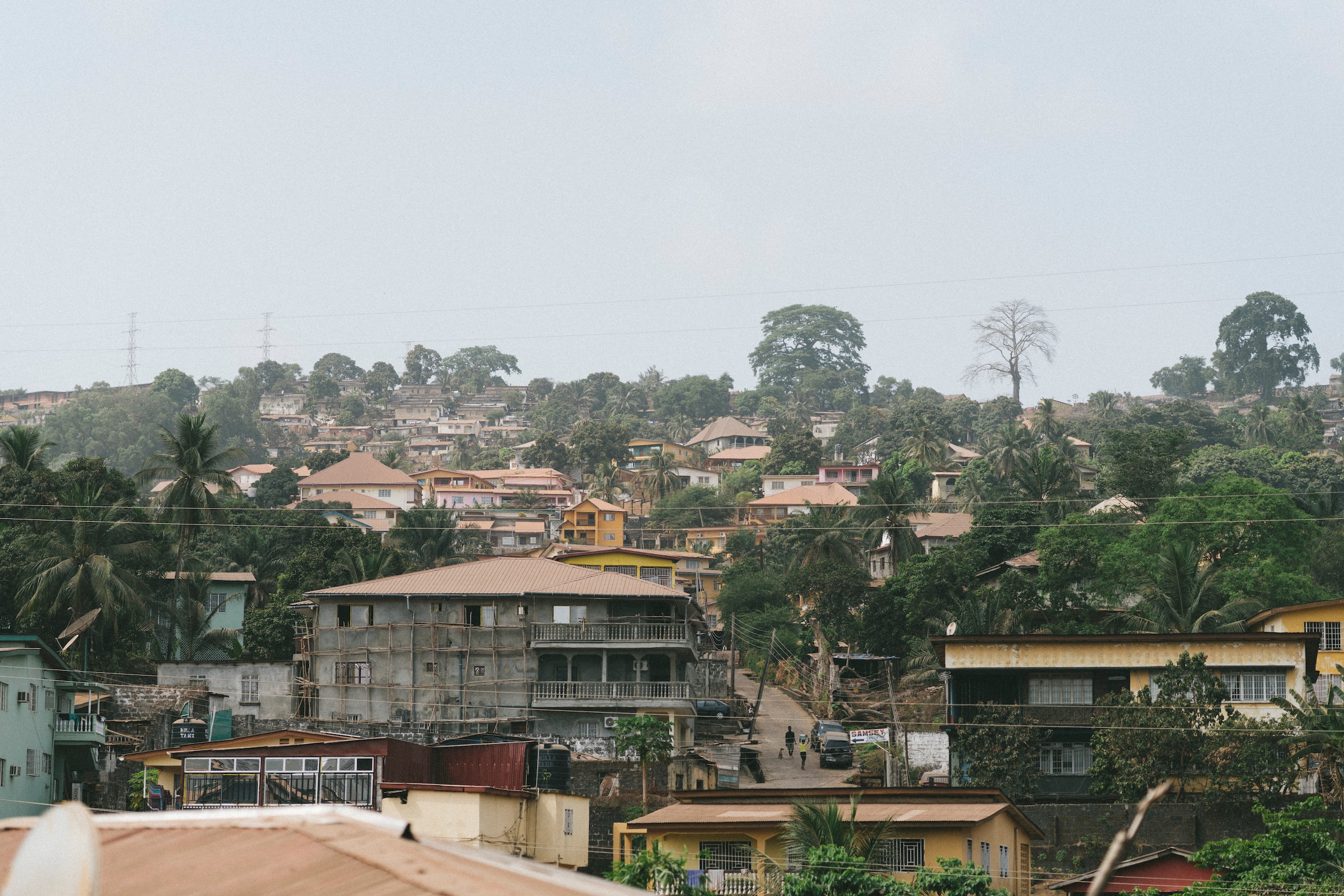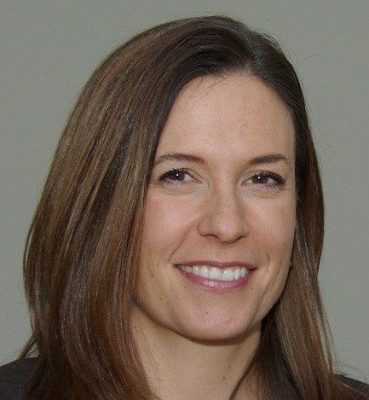October 12, 2023 | Institute for Collaboration on Health, Intervention, and Policy
Boston College School of Social Work Salem Professor of Global Practice Theresa S. Betancourt to discuss the impacts of armed conflict on children’s mental health.

In recognition of World Mental Health Day on October 10, the University of Connecticut Institute for Collaboration on Health, Intervention, and Policy will host Boston College School of Social Work Salem Professor in Global Practice Theresa Betancourt for its Lecture Series event on Thursday, October 12 at 12:30 p.m. in the Fisher Colloquia Room of the J. Ray Ryan Building on the Storrs campus. The event will also be streamed on InCHIP’s YouTube channel. Learn more about the event here.
The effects of armed conflict are far-reaching, disruptive, and devastating. Increasingly, war and violence have severely impacted children, interrupting their childhoods as they are displaced, abducted, maimed, or recruited into combat.
The American Academy of Pediatrics has described the direct and indirect toll of armed conflict on child health and well-being as one of “the greatest children’s rights violations of the 21st century.”
In 2022, the United Nations Office of the Special Representative of the Secretary-General for Children and Armed Conflict (CAAC) reported 27,180 grave violations against children, 2,880 of which occurred prior but were not verified until 2022. There are six grave violations, which define how children are most affected during wartime and are used in data collection efforts.
Children exposed to armed conflict are more likely to have poor mental health, social and educational outcomes.
There are ongoing efforts globally to strengthen rights protections for children to prevent their use and abuse, as well as provide war-affected children with reintegration support.
Betancourt’s lecture will focus on the mental health of children affected by armed conflict and pathways forward. The theme for World Mental Health Day 2023 is “Mental health is a universal human right.” It underscores the necessity of protecting and expanding access to mental health care for young people, especially those living in under resourced communities where these services are extremely scarce.

Betancourt has dedicated her career to improving outcomes for children and families from various countries and cultures who have been exposed to war trauma. Although the consequences of war and other traumas cannot be undone, Betancourt’s research has demonstrated that there are opportunities to create positive outcomes.
Betancourt, who is also the director of the Research Program on Children and Adversity at the Boston College School of Social Work, has studied the developmental and psychosocial impacts of concentrated adversity on children, youth, and families.
Following the civil war that erupted in 1991 in Sierra Leone and persisted for 11 years, Betancourt led an intergenerational study that followed more than 500 war-affected youth’s life trajectories. Tens of thousands of children were forced into becoming soldiers, where they witnessed or were ordered to commit war crimes. As adults, these former child soldiers experienced a variety of outcomes – some had flourishing careers or started families, while others struggled with isolation, post-traumatic stress, and depression.
Betancourt and her collaborators analyzed patterns in the exposure of war-related trauma and the mental health effects on former child soldiers. The study led to the production of the Youth Readiness Intervention (YRI), which is a group mental health intervention that could improve emotion regulation, daily functioning, and educational outcomes.
The YRI combines cognitive-behavioral and interpersonal therapy techniques and seeks to address gaps in mental health services. Due to the scarcity of mental health professionals, lay people deliver YRI modules to teach participants how to identify emotions, cope with loss, set goals, and create a resilient mindset. Individuals who have been enrolled in the YRI have statistically measurable improvements in their emotional well-being.
In a follow up study published in 2022, Betancourt explored the scalability of the YRI to determine if participants would still benefit a year after completion.
In addition to this critical research area, Betancourt has developed and evaluated the impact of a Family Strengthening Intervention for HIV-affected children and families. She is also leading the investigation of the Sugira Muryango program (Strengthen the Family), which is a home-visiting early childhood development intervention aimed at promoting positive parent-child relationships and violence prevention in low-resource areas.
You can read more about Betancourt and her work here.